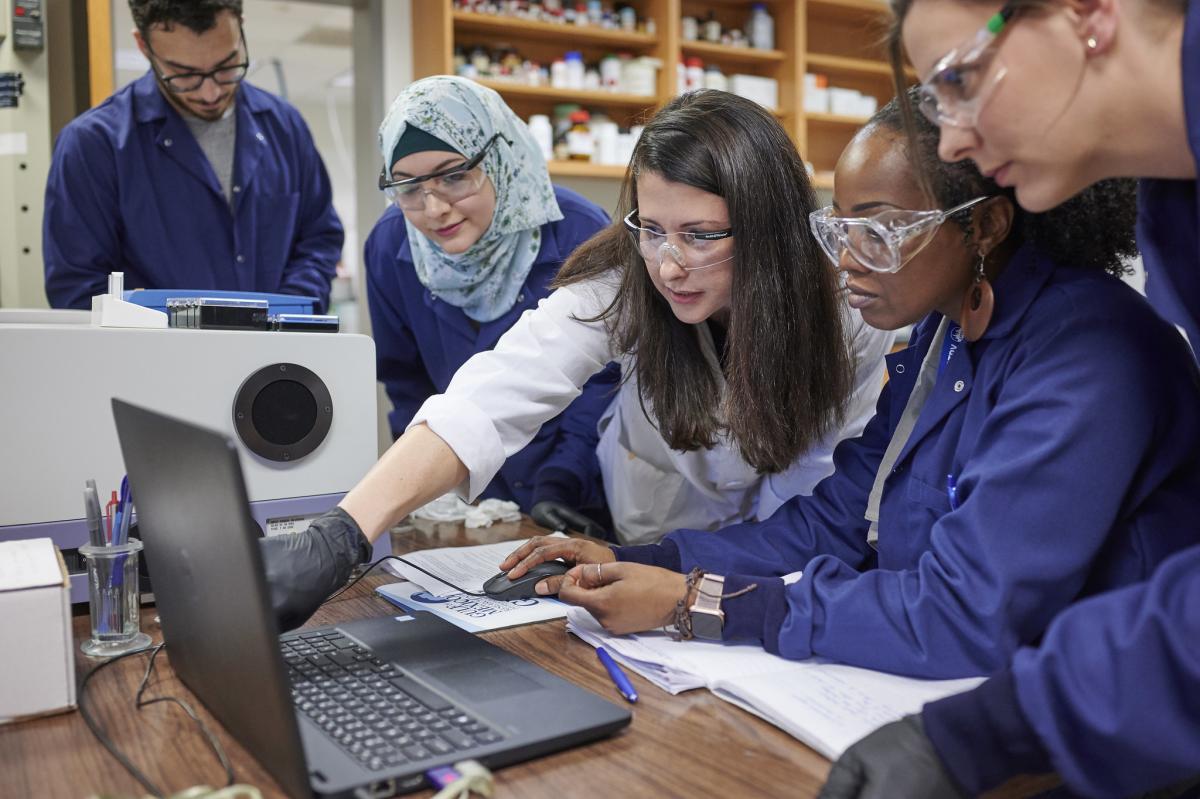The Office of Faculty Affairs supports all University of New Orleans (UNO) faculty in ways that enhance their professional advancement and work experience at UNO.
The Office:
- Administers tenure and promotion reviews, sabbatical leaves, Faculty 180, faculty awards and other faculty-related policies and procedures
- Provides wrap-around services, including new faculty orientation, tenure and promotion workshops, and online teaching training
- Promotes and facilitates hiring and retaining diverse faculty
- Coordinates a variety of activities associated with faculty life
- Oversees the Center for Teaching Innovation and the Women's Center.



